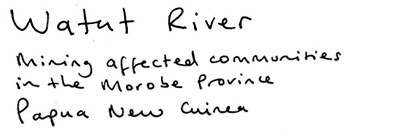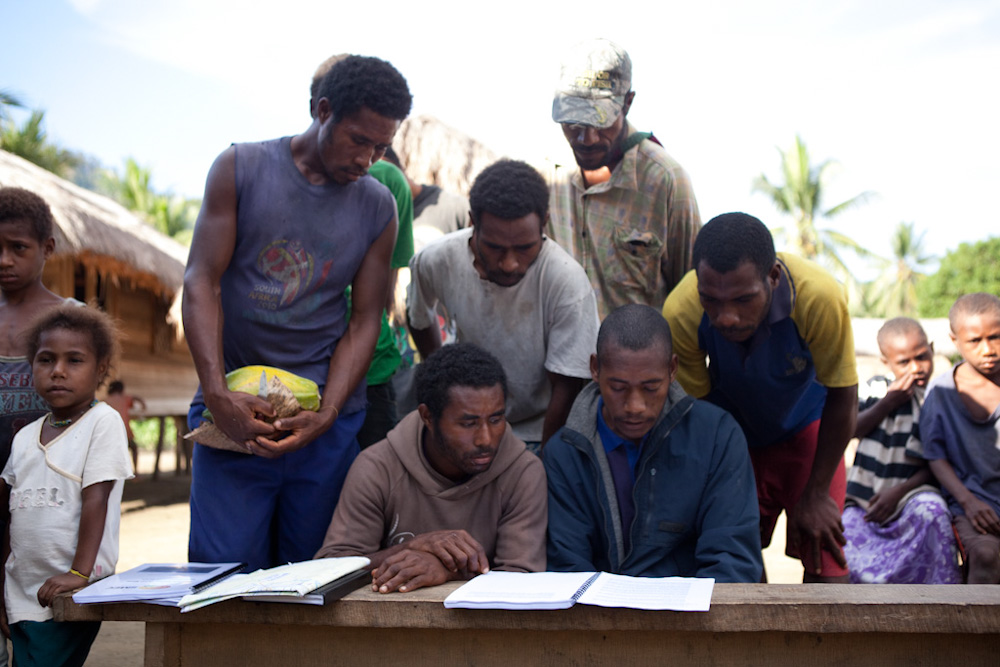The previous sections have described and demonstrated the history, potential, scale and impact of the mining industry in PNG, the Morobe Province and along the Watut River Valley. Documenting real impacts on people and place as a direct result of mining. The question then, is how to respond to these past and potential impacts and more specifically, what guides the companies involved and how did they respond? What mechanisms are in place to both guide companies and provide a point against which to assess their response?
This can be a difficult process, especially for impacted communities trying to understand and assess predicted or actual impacts on their communities. This is complicated by a range of responses from extractive companies making it difficult to distinguish between genuine efforts and greenwash. Indeed there is now a whole body of Corporate Social Responsibility literature and a host of accountability mechanisms of which to adhere to or report against. A choice that does guarantee a better result.
This section of the project presents an analysis of company actions and policies and an evaluation against industry standards including International Council on Mining and Metals (ICMM), Global Reporting Initiative (GRI), OCED Guidelines for Multinational Enterprises (OCED Guidelines) and the Equator Principles with reference to Free Prior and informed Consent (FPIC), Social License to Operate (SLO) and Citizens Advisory Councils (CAC).


